UPDATE 8/13/2019 – Visit Very Local Pittsburgh for an updated guide to the Duquesne Incline Museum.
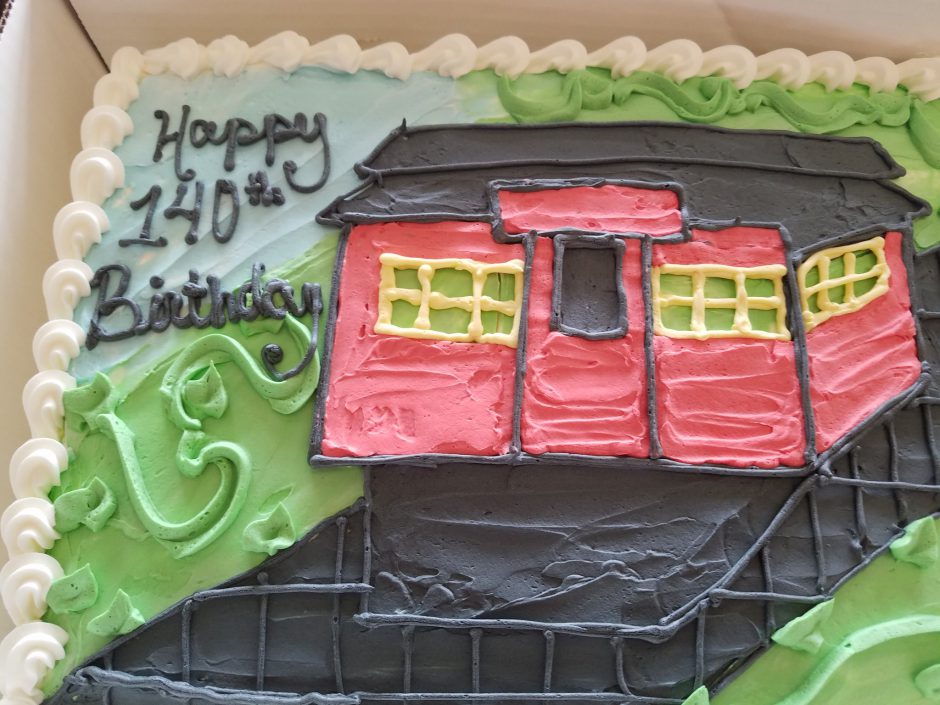
I have been saving this post about the Duquesne Incline for May 20. Today is the actual birthday of the Duquesne Incline, 140 years ago (May 20, 1877) the Duquesne Incline opened to the public. The Duquesne Incline as well as the Monongahela Incline are both still operate daily. Riding the incline and viewing Pittsburgh from Mt. Washington are staples on things to do when you visit Pittsburgh lists the incline image is one that is frequently featured in Pittsburgh photos.
I’d like to think I know about some of the best place to see in Pittsburgh but nothing quite compares to the view from the incline. When a friend comes to visit Pittsburgh from out of town, I take them to breakfast at Pamela’s or lunch at Primanti’s followed by a trip to the Duquesne Incline. And even though I have done this tour of Pittsburgh many, many times, riding up the incline from Station Square and looking down on the point never gets old. (Turns out the Steelers give their new players the exact same tour.)
The incline ride is worth it for the view of the city. The collection of post-cards, photos and newspaper articles on the walls of The Duquesne Incline’s visitors center is probably the best was to get a sense of 140 years of Pittsburgh in one room.
David H. Miller Working Museum at the Duquesne Incline
But there it one reason why I always take folks on the Duquesne Incline – the museum. The museum at the top of the Duquesne Incline is one of my favorite places to visit and I am surprised that there is no mention of the musuem on the Duquesne Incline website. For $0.50, and you need to have exact change, you can take a self-guided tour of the machine room below the visitors center on Mt. Washington.
The poster that describes the inner workings of the incline is one of my favorites, I never seem to visit when the gift shop is open, but it is one of the Pittsburgh things I would like to have framed for my wall.
Here is a video tour of the Duquesne Incline Museum from the blog Phenomenal Place:
The Society for the Preservation of the Duquesne Heights Incline
The other impressive thing about the Duquesne Incline is that it has been operated by the The Society for the Preservation of the Duquesne Heights Incline since 1964. After the Duquesne Incline closed in 1962, a group of neighbors formed to reopen and operate the incline. The incline is actually owned by the Port Authority of Allegheny County and leased to the The Society for the Preservation of the Duquesne Heights Incline for $1 per year.
Ride the Incline & Visit the Duquesne Incline Museum
The Duquesne Incline is open 365 days a year.
Follow the Duquesne Incline on Twitter @DuquesneIncline
Do you know more about the history of the Duquesne Incline?
Given that the Duquesne Incline has been run by a nonprofit for over 50 years, I am surprised that there is not more information about the preservation efforts online. Do you know more about the incline? Are there books one should read? If you are so inclined, please share links to more info in the comments. Thanks!







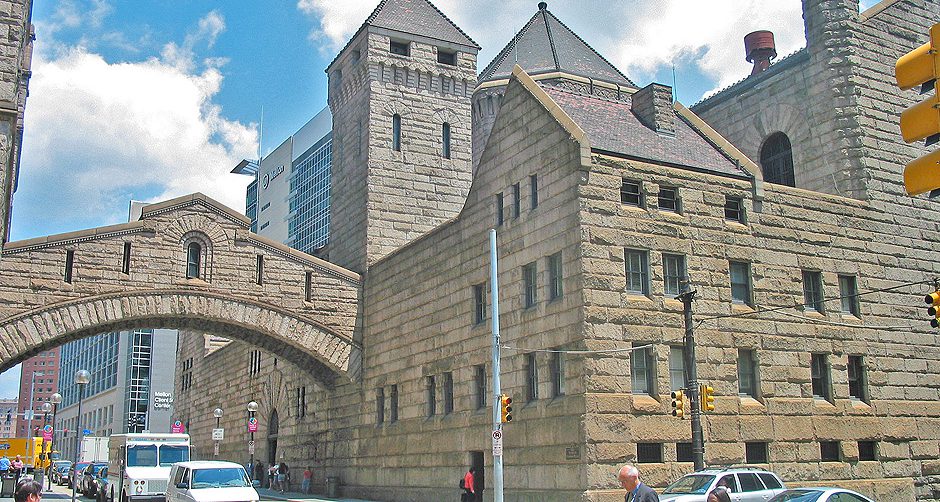
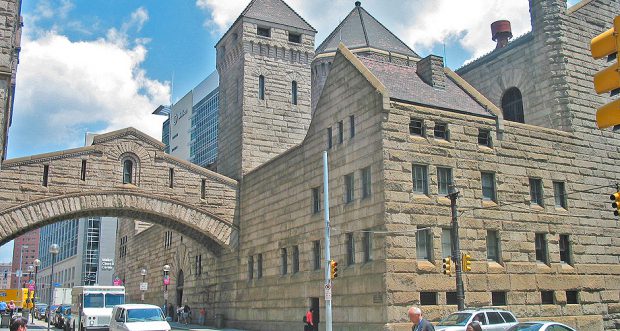

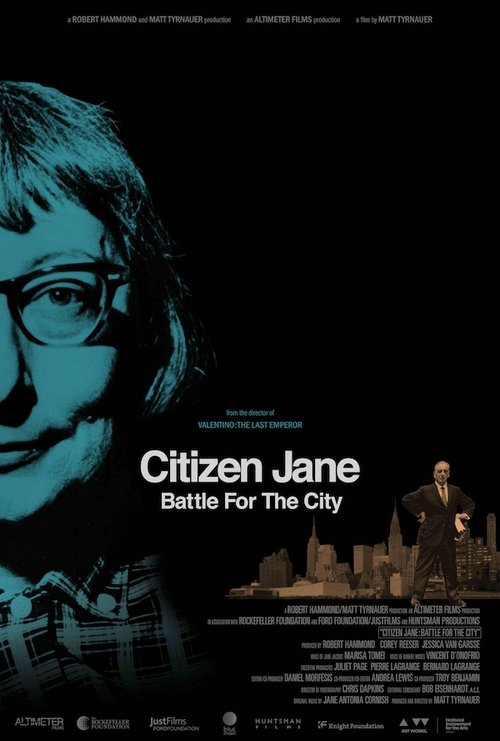



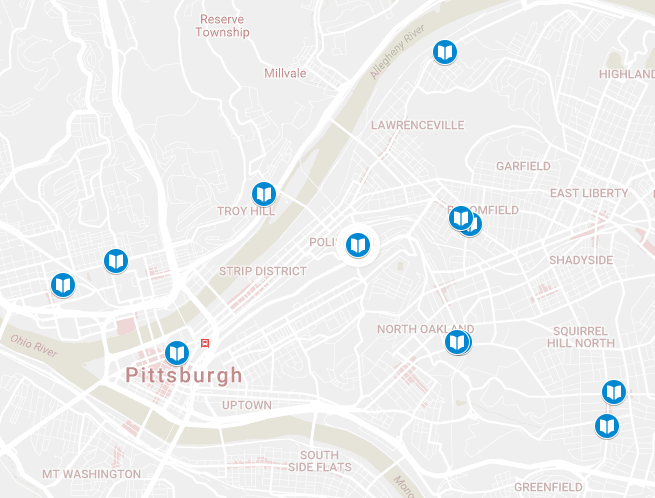
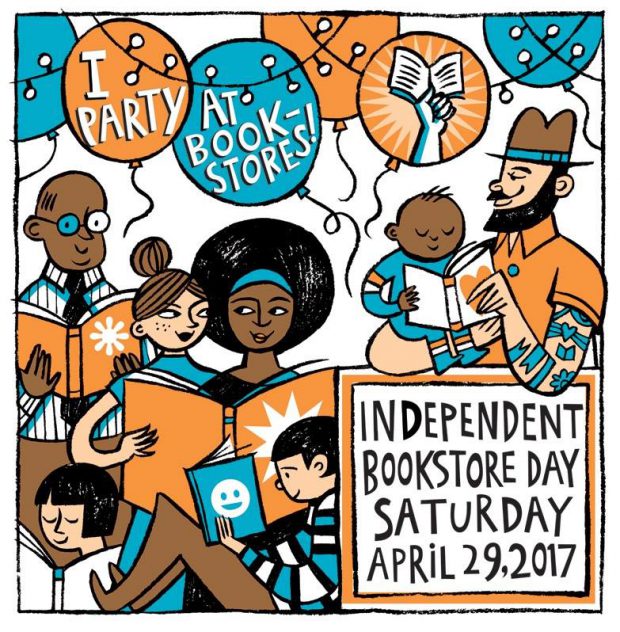 UPDATE 4/24/2019:
UPDATE 4/24/2019: